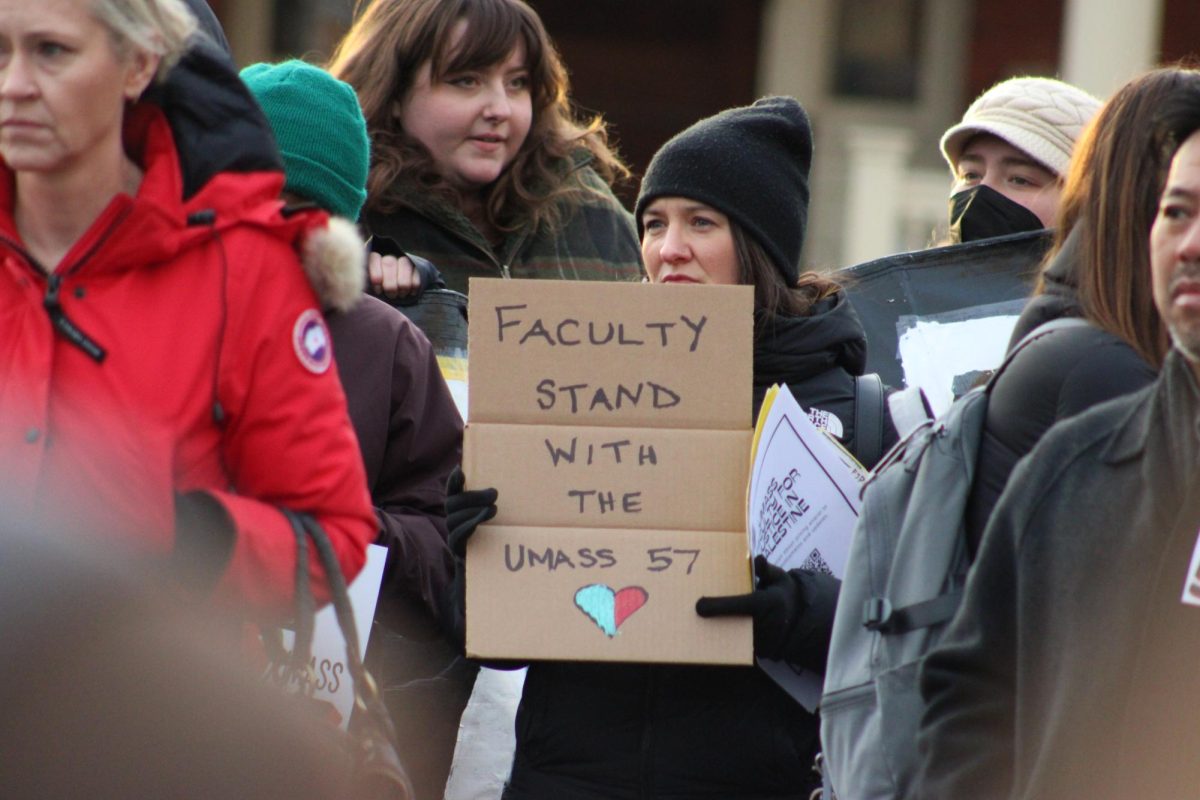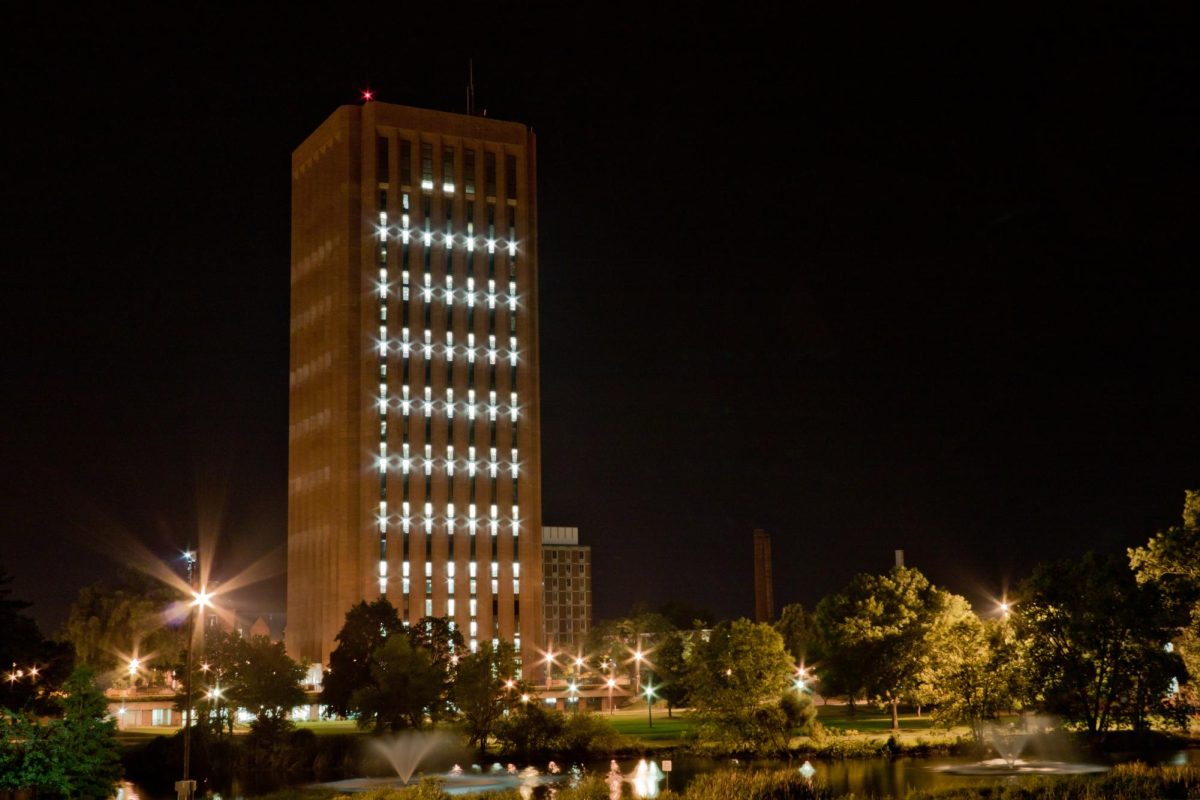
To the editor:
Recently, an editorial titled “The dual nature of fraternities on campus” was published, outwardly generalizing the Greek community established at the University of Massachusetts by targeting and describing fraternities as particularly disgusting in nature. Unfortunately, the author of this piece can only vouch for one perspective which comes from being on the outside of Greek life looking in. The claims he made show that some may not know of the contributions that the UMass Greek community makes to the town of Amherst and the Pioneer Valley.
Across the UMass campus, students will find fraternity and sorority members tabling for blood drives and asking for donations for both local and national philanthropic causes. These few examples are not the only acts of community service we complete.
We have five street clean-ups planned for the Amherst residential area this year – the first of which was successfully conducted on Jan. 31. True, some of the houses on the streets we clean are our own. However, the vast majority of these homes are owned either by residents of the town of Amherst or rented by UMass students. We see people wave to us from their driveways as we pick up trash from their front lawns, and they appreciate our efforts dearly.
The Greek community makes up approximately eight percent of the UMass student population. Despite what appears to be such a small percentage, each year Greeks raise more money for philanthropic causes than any other Registered Student Organization on campus.
Beginning Feb. 29, UMass Greeks will be sending volunteers to the Ronald McDonald House in Springfield to play with the children staying there and visit with their families. All of the kids in this home are currently undergoing treatment at either Shriner’s or Baystate Children’s Hospital. We are doing our best to help give these young children a normal, healthy life throughout what can be a difficult period for both the patients and their families. The volunteer coordinator for Ronald McDonald House, Maureen Fay, stated that we are the only group to ever come from UMass to volunteer.
UMass Greeks have also agreed to take a stand with the Amherst Police Department in taking a non-active role during the festivities of March 5 (commonly referred to as the Blarney Blowout). We recognize the harmful consequences that day can have on both the town and the school’s reputation, and will do our best to minimize any problems that may arise that day. Luckily, we have a clean-up scheduled the day after on March 6, so we can remove any mess that is created.
These are the types of things that one cannot find on a superficial level after spending one night in a fraternity house. Attending one party, one night, at a house one couldn’t even remember the name of does not paint an accurate picture of the entire UMass Greek community. Fraternities do not exist to be a “gross” place for people to go party, and we certainly don’t accept the description of “scummy.” If you wish to join a fraternity (or sorority for that matter), keep in mind that we won’t accept the “worst version” of yourself, but you’ll be joining to create the best version of yourself.
From,
Mark Schmidt
Vice President of Community Relations for the UMass Interfraternity Council


















Conor Snell • Feb 8, 2016 at 3:07 pm
The opinion piece you’re referring to, “The dual nature of fraternities on campus,” written by John Zawawi on January 28, is just that – an opinion piece.
When you call that piece an “editorial,” that by definition implies that is expresses the opinion of the Collegian editorial board as a whole. This was not that – it was an opinion expressed by an individual opinion writer at the Collegian, and not the paper as a whole.
By calling the piece an “editorial” and addressing this letter “To the editor,” you’re implying that the Collegian officially sanctioned the viewpoint you’re trying to refute. This is inaccurate, and this letter should be directed toward Mr. Zawari.
Let’s not confound who said what when we talk about issues.